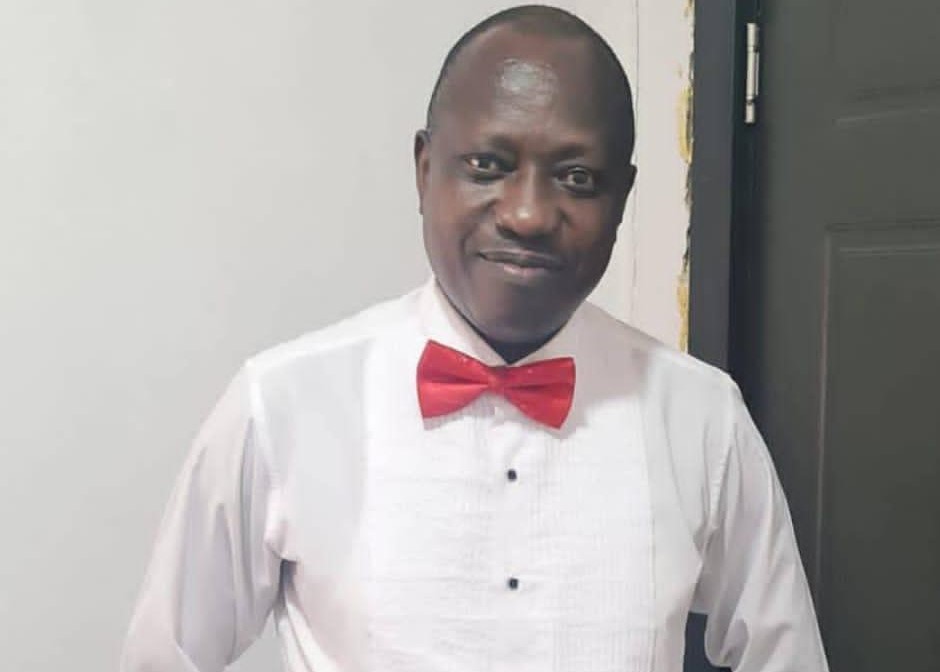Deputy Editor, (Sunday) New Telegraph, Biyi Adegoroye, (PhD Mass Communication/Media Studies, Lead City University, Ibadan) shares his experience on his academic and career journey.
Why did you decide to get the highest academic qualification, PhD, as a practising journalist?
To be able to assert unparalleled authority in media practice and scholarship, and excel in the art and science of communication. It will enable me to retire into the classroom to train the next generation of communicators.
How were you able to combine working and studying for the course?
Media practice comes with a flexible work schedule. Besides, my position as Deputy Editor of a weekend papers gave me ample time. Of equal importance is the fact that PhD programme come with two-semester course work. The rest four or more semesters are spent on field research.
What advice do you have for journalists who want to acquire similar qualifications?
They should jump at it and dedicate time to it. That way they can enjoy the advantages mentioned above, and also enhance their performance on the job in order to position themselves for greater responsibilities in the Newsroom and the society at large.
What impact will a PhD have on your practice and overall career development?
Promotion and envy in the workplace.
It places us in a unique position to have the best of the two worlds- praxis amen scholarship. We become assets to the universities and often assist in shaping the perception of Mass communication students, and even shape post-graduate research to make them very relevant to solve communication issues in the society.
PhD is the icing on the cake, which stands you out, giving you leverage to serve as media consultant and human capital developer in the industry.
READ ALSO: PhD Journalists: ‘Our motivations, challenges, aspirations’

